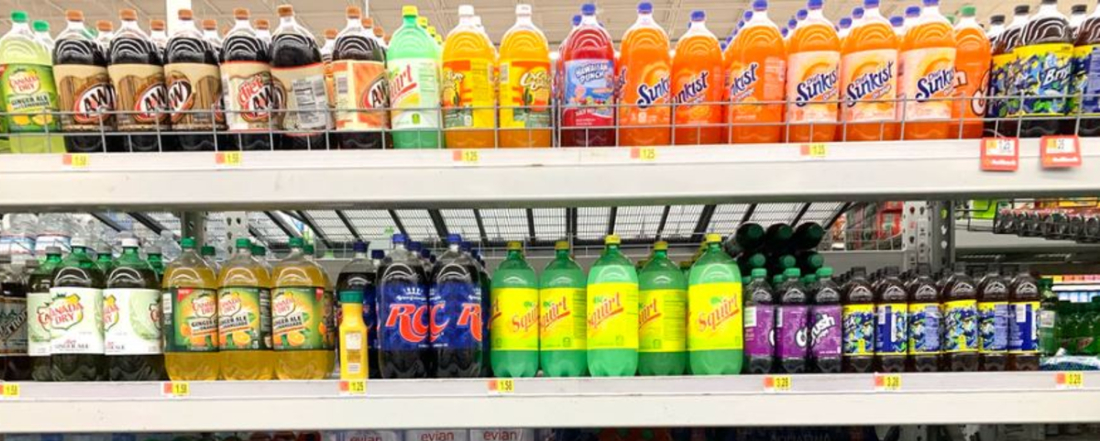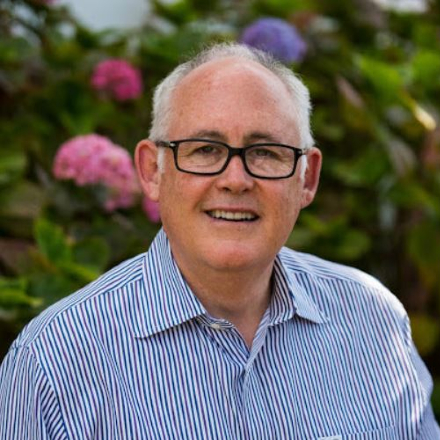
In the News
Another Soda Tax Bill Dies, Another Win for Big Soda
-
Focus Areas
Chronic Disease Prevention, Healthy Communities -
Issues
Nutrition & Food Security -
Expertise
Public Policy Advocacy -
Programs
Roots of Change

Despite its tarnished reputation, the deep-pocketed soda industry continues to exert its political influence in the nation’s most populous state, spending millions of dollars on politically connected lobbyists and doling out campaign contributions to nearly every state lawmaker.
The result? Bills long opposed by Coca-Cola Co., PepsiCo and other beverage companies continue to flounder. Just two weeks ago, a measure that would have undone the 2018 deal that lawmakers so vehemently protested was shelved without a hearing.
“Big Soda is a very powerful lobby,” said Eric Batch, vice president of advocacy at the American Heart Association, which has petitioned lawmakers nationwide to crack down on sugar-laden drinks that health advocates say contribute to diabetes, obesity and other costly medical conditions.
“They’ve spent a lot of money in California to stop groups like ours from passing good policy,” Batch added. “And they’ve been doing it for a long time.”
In the past four years, soft drink companies spent about $5.9 million lobbying California lawmakers and giving to their campaigns or favorite charities. A California Healthline analysis of campaign finance records from Jan. 1, 2017, to Dec. 31, 2020, found that the American Beverage Association, Coca-Cola and Pepsi have given to nearly every state officeholder — from Gov. Gavin Newsom to roughly five-sixths of the 120-member legislature.
This year’s bill, which would have reinstated cities and counties’ ability to put soda taxes before voters, is all but dead.
“They’re gaming the political system,” said Assembly member Adrin Nazarian (D-North Hollywood), the author of AB 1163. Nazarian said he hopes to revive the measure before April 30, the deadline for policy committees to hear legislation for the year.
“It’s one thing for us to make a bad policy decision once,” he said. “It’s another thing to give a signal to all the industries that will then utilize this loophole against us. How many more times are we going to be doing this?”
Public health groups aren’t willing to admit defeat and are mobilizing a grassroots effort to get a hearing for Nazarian’s bill. They say California must address the disproportionate health effects of sugary drinks on Black and Latino communities, which covid-19 only exacerbated.

If the members of the legislature were looking at data and using data as the decision-making criteria for whether we should allow a ban on local taxes to be lifted, they would have to support that. But they are not looking at the data. Something else is influencing them.Michael Dimock, president, Roots of Change at the Public Health Institute
Click below to read the full article in California Healthline.
Originally published by California Healthline
More Updates
Work With Us
You change the world. We do the rest. Explore fiscal sponsorship at PHI.
Support Us
Together, we can accelerate our response to public health’s most critical issues.
Find Employment
Begin your career at the Public Health Institute.



